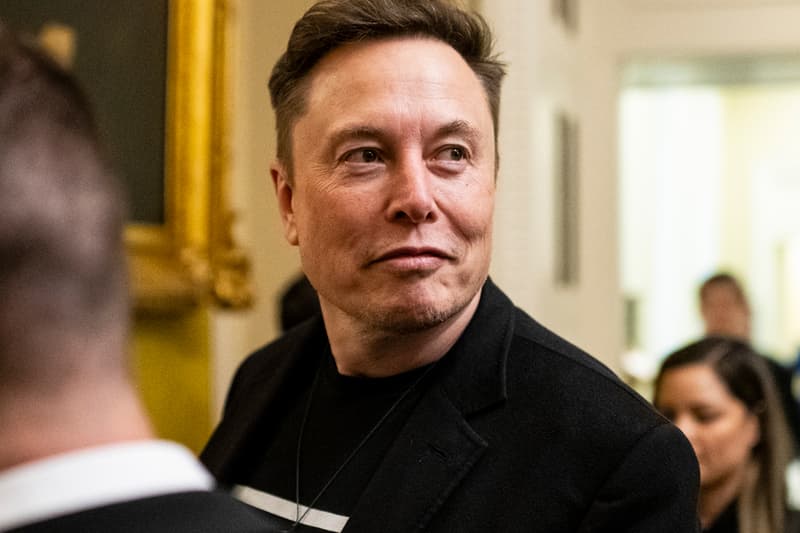The internet erupted into a firestorm of controversy this week after Elon Musk, the billionaire innovator and outspoken provocateur, waded into the contentious debate over transgender athletes in sports. In a post on X dated April 1, 2025, Musk declared, “If banning transgender sports is considered sexist, then call me sexist. Men should not participate in women’s sports!” The blunt and unapologetic statement has sparked a heated divide among his millions of fans and detractors, reigniting a polarizing cultural clash.
Musk’s words came amid ongoing discussions about policies governing transgender participation in competitive sports, particularly in women’s categories. Supporters of his stance flooded X with praise, arguing that biological differences between men and women create an unfair advantage. “Finally, someone with a platform says it like it is,” one fan wrote, garnering thousands of likes. Others hailed Musk as a defender of fairness, pointing to cases where transgender women have dominated female divisions, such as in swimming and track events. “Science isn’t woke—it’s just facts,” another supporter posted, echoing Musk’s data-driven persona.

On the flip side, critics accused Musk of bigotry and oversimplification. “This isn’t about ‘men’—it’s about identity and inclusion,” one X user fired back, calling his statement “a cheap shot at a vulnerable group.” Progressive voices argued that banning transgender athletes undermines equality and ignores the nuances of hormone therapy and individual circumstances. A prominent LGBTQ+ advocate tweeted, “Musk’s playing to the crowd instead of understanding the issue. Disappointing from a supposed visionary.” The backlash has even spawned hashtags like #MuskIsSexist, trending alongside defenses of his view.
The debate has spilled beyond X into sports forums, podcasts, and even casual conversations, with fans dissecting Musk’s intent. Some see it as a calculated move to align with conservative supporters of President Trump, under whom Musk serves as head of the Department of Government Efficiency (DOGE). Others believe it’s just another example of his penchant for stirring the pot. “Elon loves chaos—it’s his brand,” one neutral observer noted. Meanwhile, athletes and sports organizations have stayed largely silent, wary of entanglement in the Musk-fueled maelstrom.
Data on transgender participation in sports remains limited, but studies—like a 2021 report from the Center for American Progress—suggest that inclusive policies have minimal impact on competitive balance. Still, high-profile cases continue to fuel public skepticism, and Musk’s statement has tapped into that unease. His use of “men” rather than “transgender women” has only intensified the rhetoric, with some accusing him of deliberate misgendering.
As the debate rages, Musk has doubled down, posting a follow-up: “Fairness > feelings. Sports should be about merit.” Whether his stance sways policy or simply fades into the noise, it’s clear he’s struck a nerve. Fans remain split—some cheer his boldness, others decry his insensitivity. One thing’s for sure: Elon Musk has once again proven he’s a lightning rod in a world of charged opinions.


